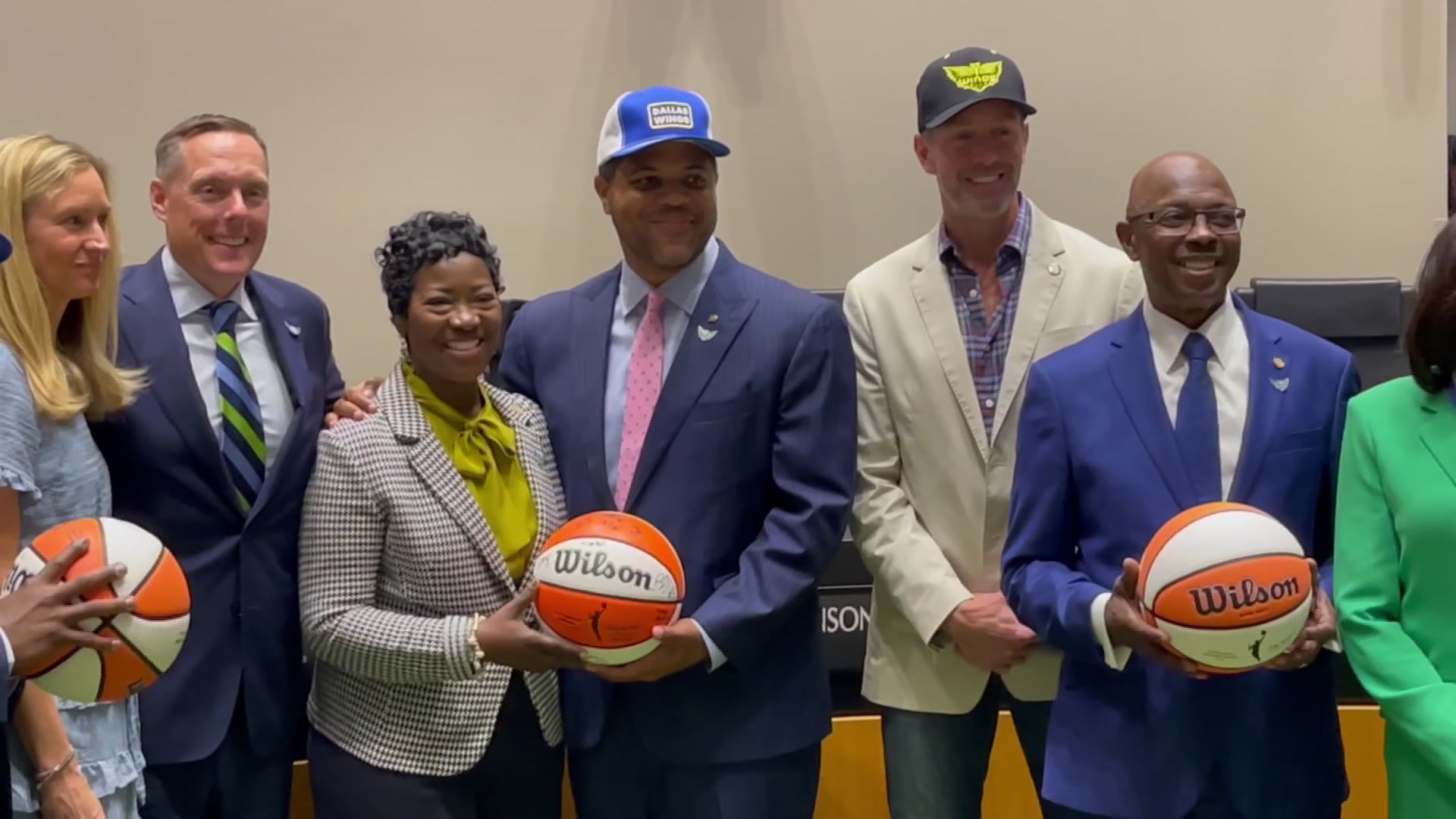Derek Chauvin was led away in handcuffs after a jury determined two key things: The former Minneapolis police officer caused George Floyd's death, and his actions were unreasonable.
It’s a verdict criminal defense attorney Mike Howard said could shape the system moving forward.
"Given the history of police officers being charged with similar crimes and not being convicted, I think all of us were waiting regardless of what we thought of the facts of the law,” said Howard.
The jury found Chauvin guilty on three charges.
Get DFW local news, weather forecasts and entertainment stories to your inbox. Sign up for NBC DFW newsletters.
- Second-degree murder, meaning Chauvin caused Floyd's death through assault, even if that wasn't his intent.
- Third-degree murder, meaning he caused Floyd's death by doing something dangerous with disregard for loss of life.
- Second degree manslaughter, meaning Chauvin consciously disregarded a risk that caused death.
"I think it was a really well-prosecuted case. I think it should give all of us across the country, white, black, Hispanic, you know all of us, faith in our justice system,” said Howard.
If the sentences were stacked, the maximum time Chauvin would spend behind bars is 75 years.
Local
The latest news from around North Texas.
Minnesota law calls for less time for those without a criminal record.
The prosecution will argue for more.
“Those are the aggravating factors where a prosecutor can argue that because a child was present, because Floyd was in a vulnerable position, you know, being on the ground and because of the power dynamic between an officer and someone in a subservient role to an officer, that a judge should consider raising the sentence,” said Howard.
In the end, the judge will have the final say about how long Chauvin serves in about eight weeks.
According to Howard, the true watershed moment in the case is that officers testified against one of their own.
“I really feel like this sends a message to not only officers who were either going to do something wrong or reckless but also to other officers, if you see something speak up or if you see something wrong, you're not going to be punished for speaking up. I think this sends a very powerful message,” said Howard.



